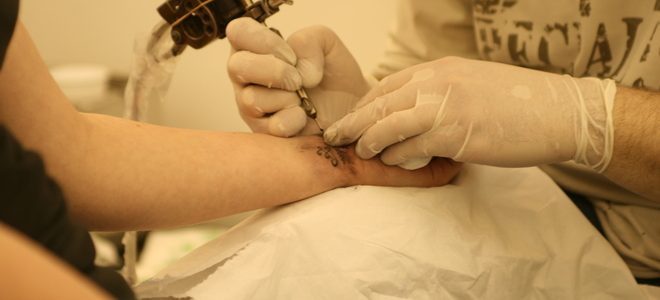Baby Boomers Urged To Get Checked For Hep C
Baby boomers who have experimented with drugs in their youth, had a blood transfusion or a tattoo, are being advised to consider having a test for Hepatitis C. Around 1,000 people in Forth Valley are thought to be unaware they have the virus, with the highest number believed to be in the 50 to 60 age group.
NHS Forth Valley Consultant Hepatologist Dr Pete Bramley said: “It takes between 20 and 30 years for liver damage caused by Hepatitis C to become apparent. Over the past few years testing, treatment and care have increased dramatically but we know that there are many more people who are unaware that they may have Hep C. I would urge anyone who has been at risk at any point in their lives to get in touch so they can receive specialist care.
“I am particularly keen to hear from anyone who tested positive for Hep C in the past and who may have either stopped their treatment or not sought further assistance. People exposed more than 20 years ago are at higher risk of advanced disease and new treatments could be beneficial. I am also keen to encourage anyone who had a blood transfusion prior to 1991 or who injected drugs when they were younger to get tested for Hep C.”
New antiviral treatments for Hepatitis C are proving very successful for Forth Valley patients. Health experts say they are more effective – 90-95% compared with 70-75% for traditional treatments – have fewer side effects and are taken for a shorter period (8 – 12 weeks compared with three years). They are also available in tablet form rather than having to be injected.
Dr Bramley added: “Many people may have been diagnosed in the past and may have started treatment but dropped out, particularly if they experienced side-effects or found it difficult to administer regular injections. These new drugs are far easier to take, have few side effects and could cure people of Hep C in a matter of months. This will not only make a huge difference to the health of the individuals affected but will also prevent them potentially passing the disease onto their partners.”
Testing continues to be offered at local mosques in the Forth Valley area as the Muslim community may have had medical treatment abroad or attended traditional barbers who use open blades which may have put them at risk of contracting Hep C. Pilot testing schemes are also taking place in police custody suites and one of the local adult prisons. In addition, staff including community pharmacists, dentists and nurses are being trained to counsel local people and carry out testing if required.
People who wish to arrange a test should either contact their GP or phone the Forth Valley hepatology service direct on 01786 434079 or for further information and advice visit www.hepatitisscotland.org.uk



